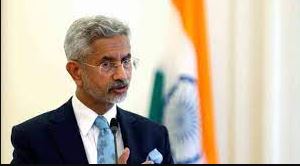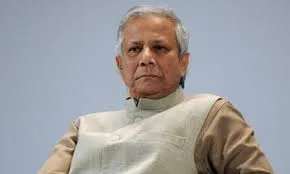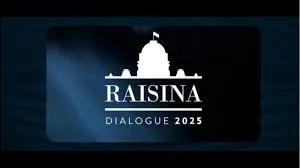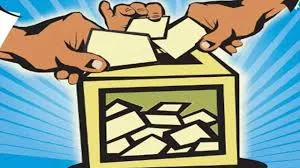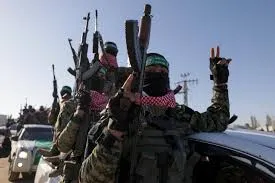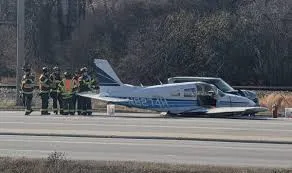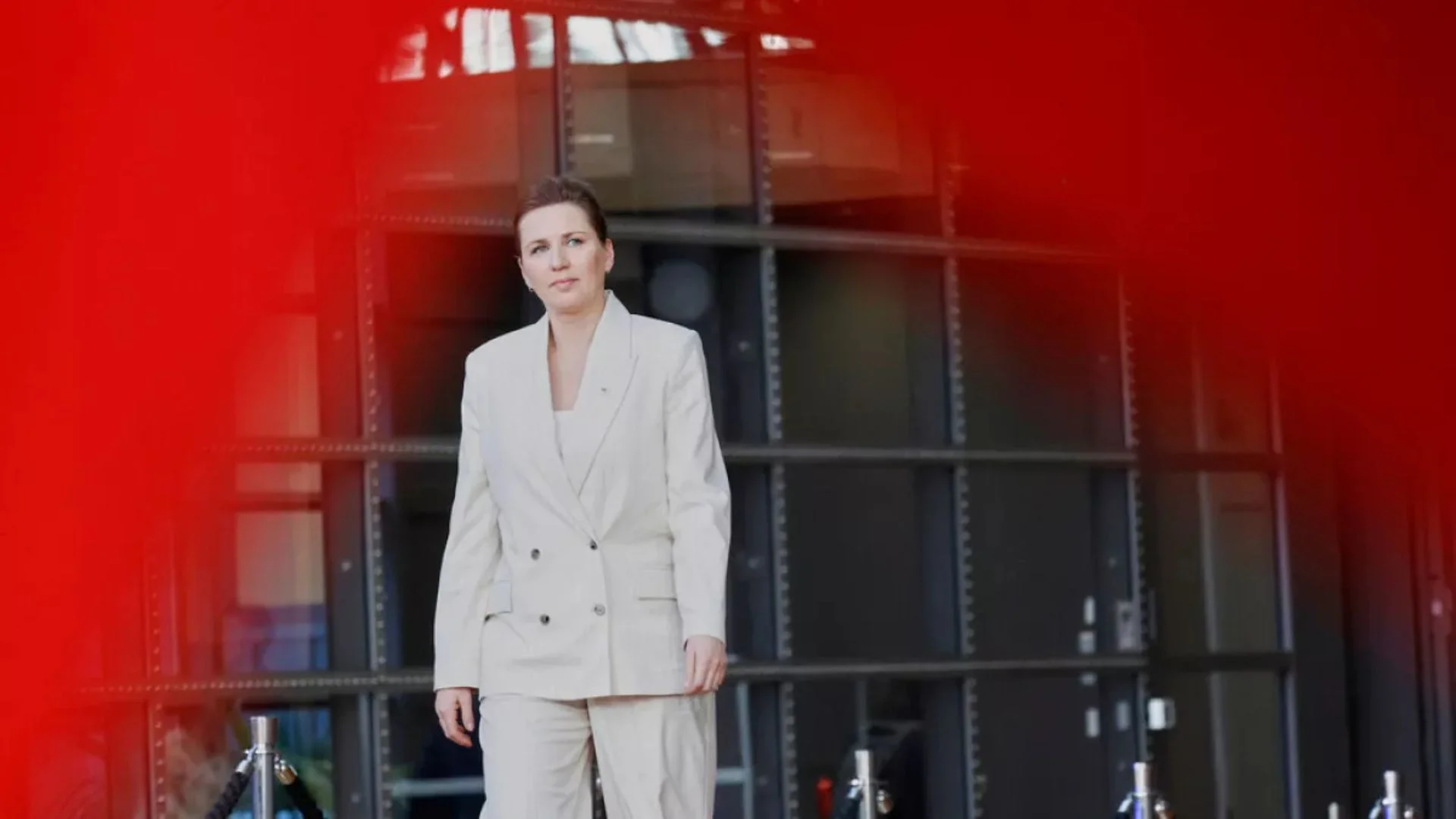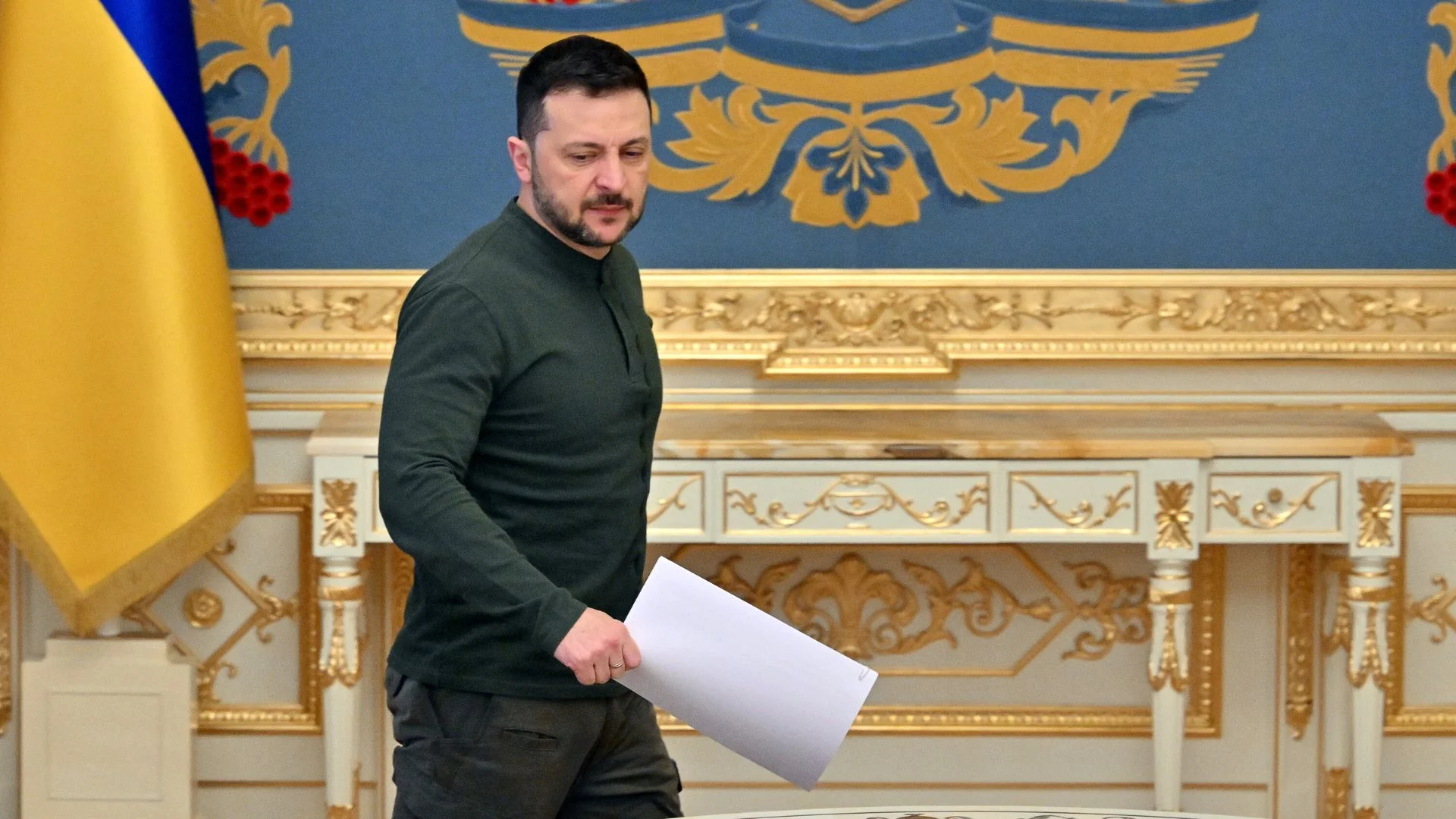In what should be viewed as a welcome development amidst China’s increased belligerence in the Indo-Pacific region and South China Sea, India focused on security talks with Vietnam and Singapore during External Affairs Minister S Jaishankar’s visit to both Southeast Asian nations. Jaishankar held talks with Singapore Defence Minister Ng Eng Hen in Singapore on Thursday. Jaishankar-Hen focus was on defence ties and maritime security. Significantly, only a few days ago Singapore Deputy Prime Minister Lawrence Wong had said that China’s attempt to grow its influence should not come at the expense of other countries feeling pressured or it risks a backlash. India and Singapore had carried out an annual maritime military exercise involving drills in the southern South China Sea in September. Jaishankar is in Singapore on the second leg of his two-nation visit (19-20 October) to Southeast Asia. He is also expected to meet Singapore’s newly-elected President Tharman Shanmugaratnam.
The most important part of the visit was India and Vietnam security talks which reportedly centered on Beijing and its activities in the South China Sea and Indian Ocean Region. In fact, both New Delhi and Hanoi have boundary disputes with China. According to the state-run Vietnam News Agency (VNA), both sides reaffirmed the importance of maintaining peace, stability, security, safety, and freedom of navigation and aviation, and compliance with international law in the East Sea, resolving disputes based on international law, especially the 1982 UN Convention on the Law of the Sea (UNCLOS), in a veiled reference to China. Indian foreign minister Jaishankar during talks with his Vietnamese counterpart Bui Thanh Son clearly sent out a message to China, saying that the interests of both nations are “aligned”. Obviously, the two foreign ministers discussed economy and security. The Ministry of External Affairs (MEA) said in a statement, “India and Vietnam share a robust comprehensive strategic partnership. Vietnam is a key member of our Act East Policy.” Jaishankar’s six-day visit to Vietnam and Singapore not only bolstered India’s cooperation in diverse areas with both these Southeast Asian nations, but also strengthened their strategic partnership in tackling the challenges from China in the Indo-Pacific and SCS. Apart from the creation of artificial islands in the South China Sea (SCS), China claims the entire SCS and areas within the nine-dash line as its own territory, even though the Permanent Court of Arbitration ruled against these claims in 2016. Jaishankar’s visit has significantly come at a time when China has intensified on-going maritime disputes with all countries in the SCS including Vietnam. The other countries are Malaysia, Brunei, Indonesia and the Philippines. China repeatedly blocks the Philippines Navy’s attempt to re-supply the troops, sometimes using its coast guard ships. Jaishankar’s statement on the soil of Vietnam was quite significant and meaningful amidst China’s belligerence in the Indo-Pacific. Jaishankar on 18 October said that a comprehensive strategic partnership between India and Vietnam was emerging as a “source of security, stability and progress in the region”. This statement came soon after Jaishanakar met Vietnam’s top leadership and discussed with him the ways to boost bilateral cooperation in various areas including defence and maritime security.
Highlighting the importance of EAM’s visit to Vietnam, MEA said that the external affairs minister’s visit will provide an opportunity to review progress in several areas and discuss ways to further enhance bilateral cooperation. With China in mind, India is understood to have assured Vietnam of full cooperation in the field of maritime security and other strategic areas. In many ways, Jaiahsnakar’s visit to the two Southeast Asian nations will give further boost to India’s “Act East policy” which Prime Minister Narendra Modi has been laying emphasis on. Jaishankar co-chaired the 18th meeting of the India-Joint Commission on economic, trade and scientific and technological cooperation with his Vietnamese counterpart Bui Thanh Son. This event also helped the Indian foreign minister to develop much closer rapport with the leadership of Vietnam. Strategic analysts believe that New Delhi needs to have much closer strategic ties with Hanoi so as to be able to counter China’s challenge in the Indo-Pacific in a more effective manner.

